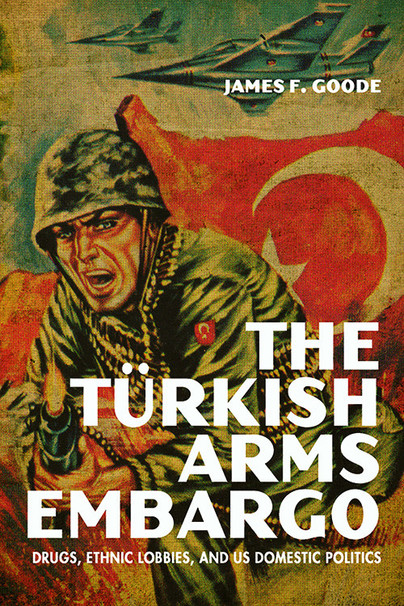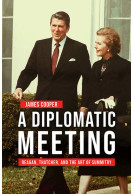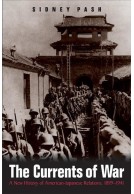Google Books previews are unavailable because you have chosen to turn off third party cookies for enhanced content. Visit our cookies page to review your cookie settings.
The Turkish Arms Embargo (Hardback)
Drugs, Ethnic Lobbies, and US Domestic Politics
Imprint: University Press of Kentucky
Series: Studies in Conflict, Diplomacy, and Peace
Pages: 206
Illustrations: 24 b&w photos, 2 maps
ISBN: 9780813179681
Published: 3rd August 2020
Script Academic & Professional
Series: Studies in Conflict, Diplomacy, and Peace
Pages: 206
Illustrations: 24 b&w photos, 2 maps
ISBN: 9780813179681
Published: 3rd August 2020
Script Academic & Professional
You'll be £36.00 closer to your next £10.00 credit when you purchase The Turkish Arms Embargo. What's this?
+£4.99 UK Delivery or free UK delivery if order is over £40
(click here for international delivery rates)
Need a currency converter? Check XE.com for live rates
(click here for international delivery rates)
Need a currency converter? Check XE.com for live rates
In August 1974, while Richard Nixon resigned and Gerald Ford began a prolonged battle with Congress over executive power, a crisis was occurring in Cyprus. Desperate to shore up its declining popularity with a foreign policy triumph, the military government of Greece tried to overthrow the government of the independent island nation. In response, the Republic of Turkey invaded Cyprus in order to protect Turkish Cypriots. The invasion led to the downfall of the junta in Athens, the beginning of a United States embargo on arms sales to its ally Turkey, and years of increased tension and mistrust between the two nations.
In his book, James F. Goode offers a revolutionary analysis of the complex factors leading to the imposition and continuance of the Turkish Arms Embargo. He demonstrates that, alone, the human rights issues surrounding the invasion fail to explain the resulting US-Turkish estrangement. Instead, he contends, factors including deep-seated "Turkophobia," growing concern about a deadly heroin epidemic in the United States, and pro-Greek lobbies played important roles in heightening tensions and extending the embargo.
Goode draws on newly available archival materials from the Gerald Ford and Jimmy Carter Presidential Libraries as well as the personal papers of key senators and congressmen to present the most complete analysis of the affair to date. This timely study will not only change how this period is understood, but it will also provide valuable insights into the future of international relations.
Other titles in the series...
Other titles in University Press of Kentucky...





















